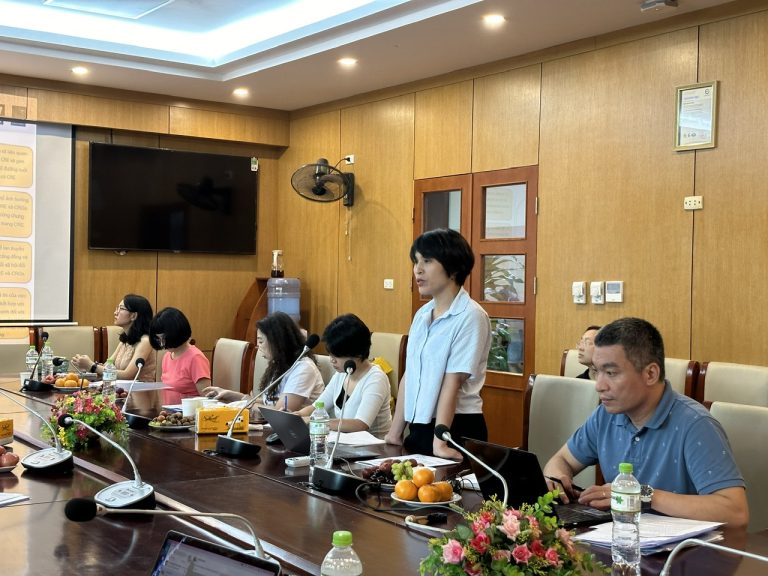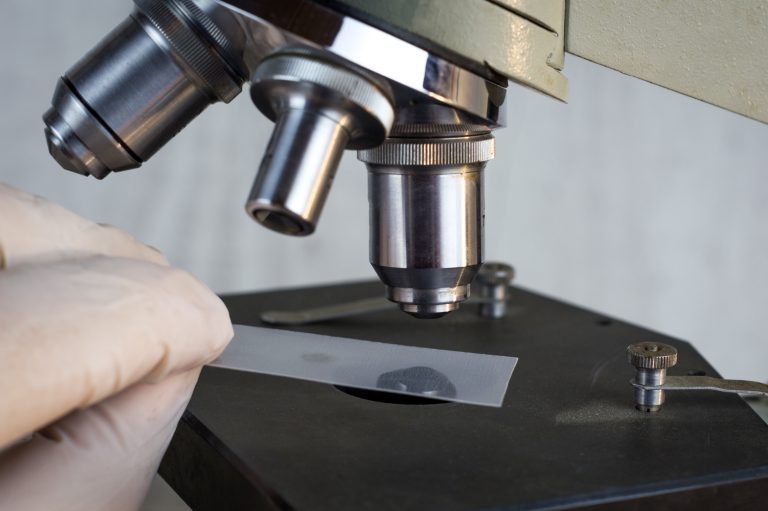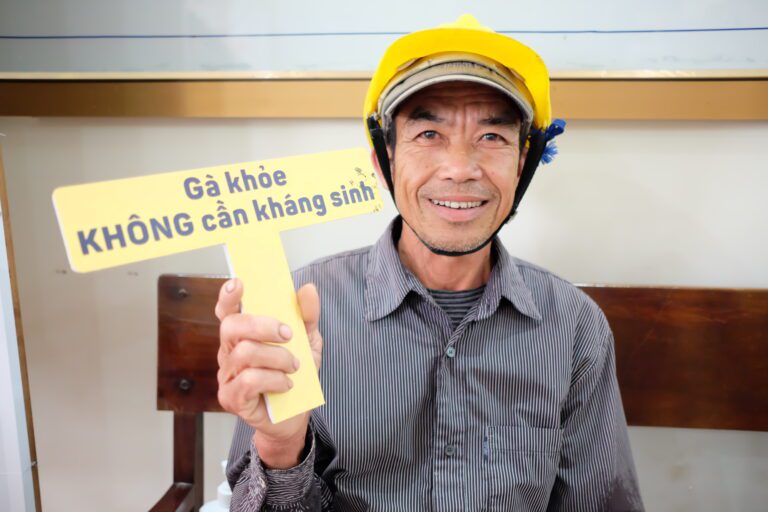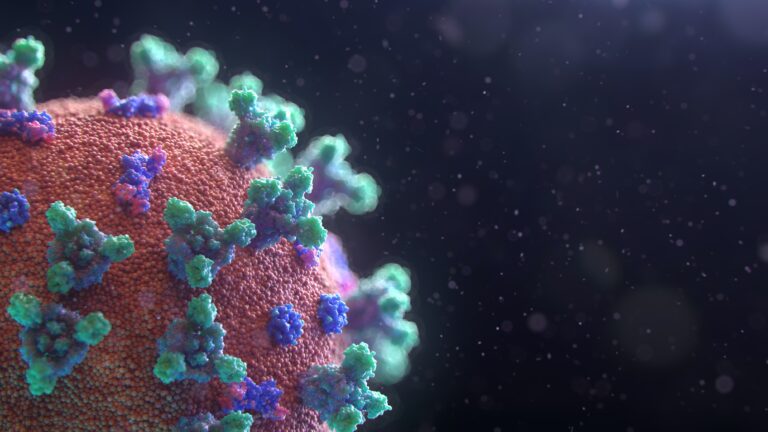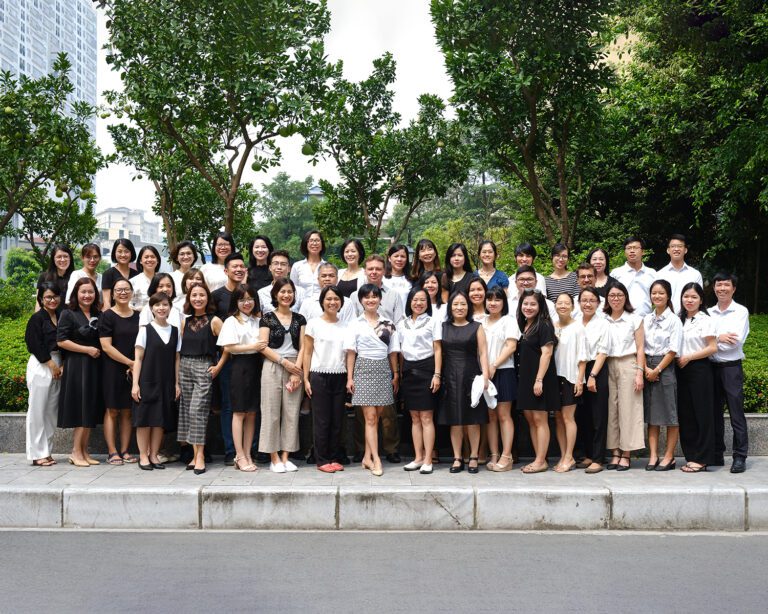Nguyen Thi Tam, Nguyen To Anh, Trinh Son Tung, Pham Ngoc Thach, Nguyen Thanh Dung, Van Dinh Trang, Le Manh Hung, Trinh Cong Dien, Nghiem My Ngoc, Le Van Duyet, Phan Manh Cuong, Hoang Vu Mai Phuong, Pham Quang Thai, Nguyen Le Nhu Tung, Dinh Nguyen Huy Man, Nguyen Thanh Phong, Vo Minh Quang, Pham Thi Ngoc Thoa, Nguyen Thanh Truong, Tran Nguyen Phuong Thao, Dao Phuong Linh, Ngo Tan Tai, Ho The Bao, Vo Trong Vuong, Huynh Thi Kim Nhung, Phan Nu Dieu Hong, Le Thi Phuoc Hanh, Le Thanh Chung, Nguyen Thi Thanh Nhan, Ton That Thanh, Do Thai Hung, Huynh Kim Mai, Trinh Hoang Long, Nguyen Thu Trang, Nguyen Thi Hong Thuong, Nguyen Thi Thu Hong, Le Nguyen Truc Nhu, Nguyen Thi Han Ny, Cao Thu Thuy, Le Kim Thanh, Lam Anh Nguyet, Le Thi Quynh Mai, Tang Chi Thuong, Le Hong Nga, Tran Tan Thanh, Guy Thwaites, H Rogier van Doorn, Nguyen Van Vinh Chau, Thomas Kesteman, Le Van Tan; OUCRU COVID-19 Research Group2









